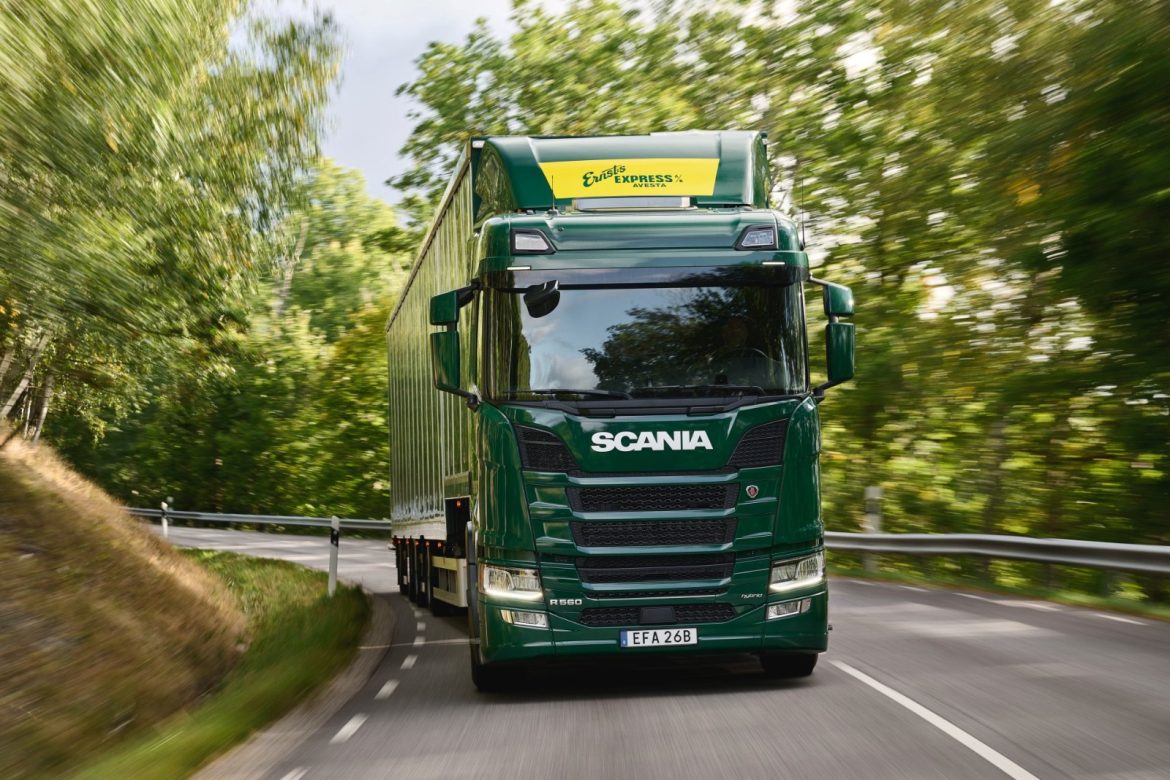The dilemma facing Spanish hauliers today is extremely complex. On the one hand, there is the need to renew an ageing fleet of vehicles and, on the other, the harsh economic and environmental reality that defines our times. The initial investment to acquire a new tractor unit is around €90,000, to which a minimum of €36,000 for the trailer must be added, figures that skyrocket if specialised technology, such as refrigeration, is required. It is, therefore, an outlay well in excess of one hundred thousand euros, a financial barrier to entry that not all self-employed workers or small businesses can overcome without resorting to long and costly financing.
Once this first obstacle is overcome, the constant challenge of fuel arises. The price of diesel A, with an average of around €1.559 per litre, becomes a daily burden for a business where a truck’s consumption is forty times that of a car. Occasional aid, such as refunds of up to €0.20 per litre for transport companies, has served as a temporary palliative, but the underlying trend seems clear: taxation aims to discourage the use of fossil fuels. This adds a layer of uncertainty about the future profitability of a diesel vehicle.
This fiscal pressure is not accidental but responds to the urgent ecological transition. Regulations such as the mandatory requirement for environmental labels to access the most important urban centres are inexorably pushing towards a model change. The future lies with electric or fuel cell trucks, a promising alternative in the long term due to their lower maintenance costs, but one that currently clashes with two realities: a still prohibitive acquisition price and a long-distance charging infrastructure that is in a very early stage. It is a race against time in which the economic viability of the haulier is the main unknown.
Faced with this scenario, vehicle renting emerges as a pragmatic solution for many. This formula avoids the large initial outlay, allowing access to a truck, for example a light one, for a monthly fee starting from around €659. The key is that this fee usually integrates concepts such as comprehensive maintenance, repairs, insurance, and even tyre changes, transforming a variable and unpredictable cost into a fixed and plannable expense. Furthermore, it offers tax advantages as it is considered a deductible business expense.
In short, the crossroads is profound. Purchasing a new diesel vehicle ties the professional to a technology with an uncertain future and volatile operating costs. The migration to zero-emission vehicles, although necessary, still presents significant technological and economic obstacles. In this context of transition, renting is emerging not only as a financial alternative but also as a flexibility strategy, allowing transport professionals to focus on their work while regulations and technology mature. The final decision, however, remains a risk calculation in a sector navigating troubled waters.
Have any thoughts?
Share your reaction or leave a quick response — we’d love to hear what you think!





